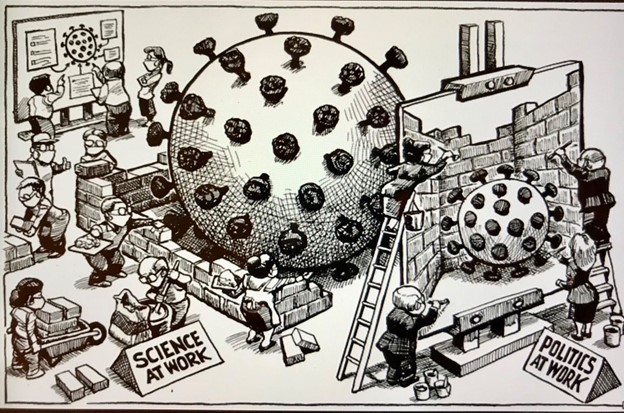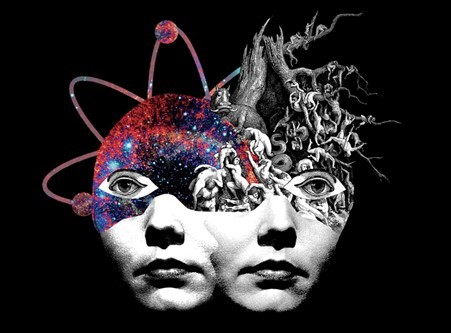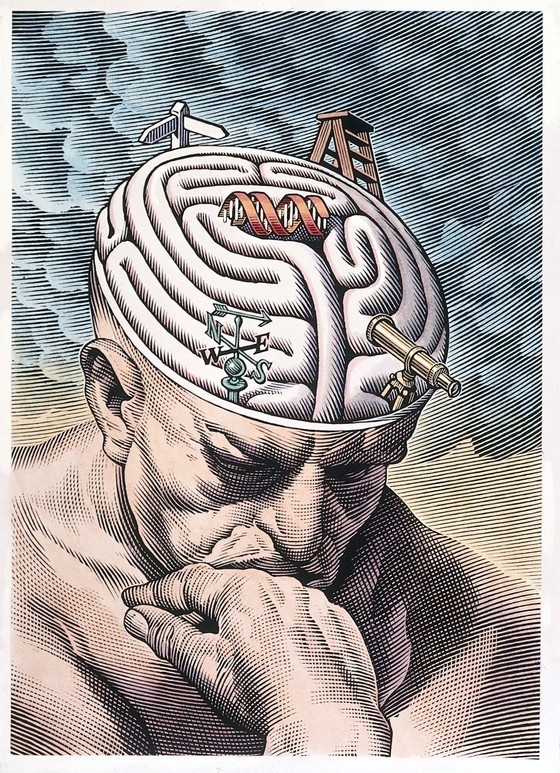Is politicization of science justified? Should science be governed by politics?
Thank you for this crucial question. Aristotle believed that the highest human end is happiness, and that politics (or what Aristotle called “statesmanship”) is the science that directs the political community toward happiness. One possible consequence of this view is that what we nowadays call “science”—the systematic examination of the empirical world—is subordinate to politics […]
Is politicization of science justified? Should science be governed by politics? Read More








